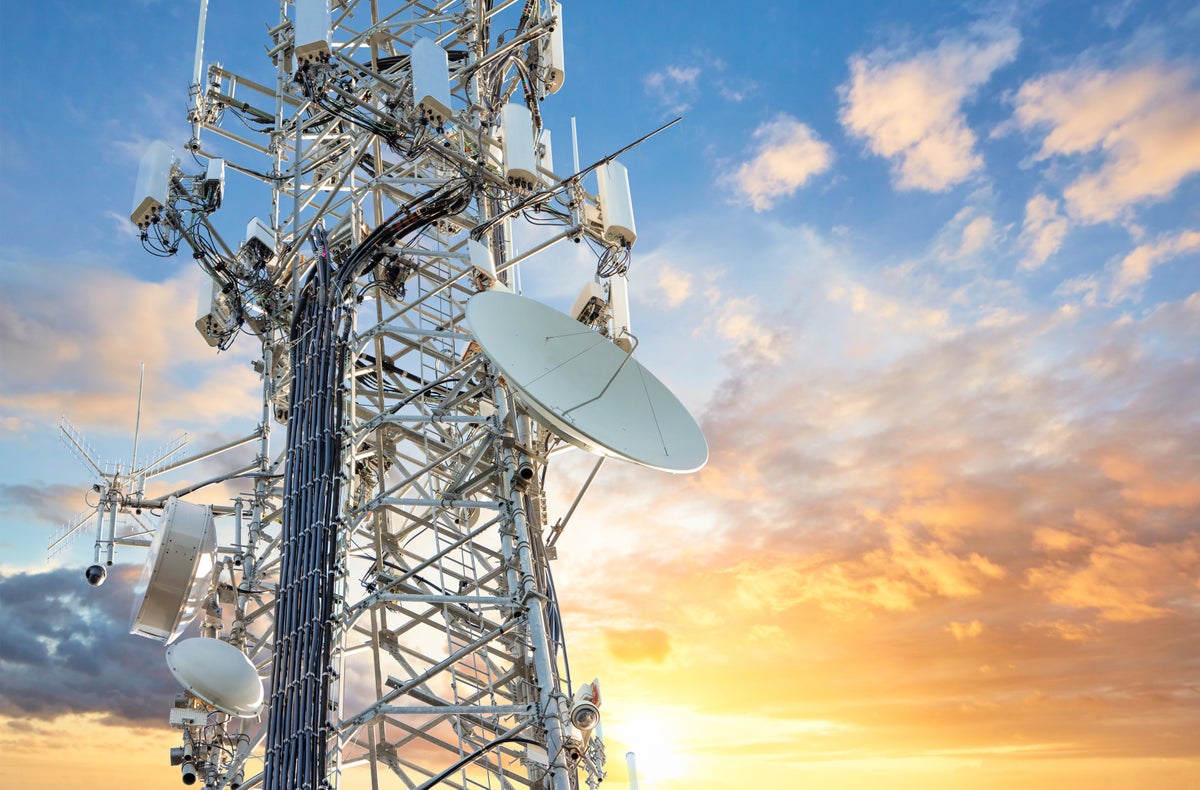The thing with something like this is keeping a sense of perspective. Part of the issue is understanding that "safe" and "risk free" aren't one and the same.
It reminds me of a lot of the shouting from all directions about the safety or otherwise of vaccines. It's clear that some kids suffer side-effects from vaccines, but that doesn't mean that the vaccine isn't safe. It's also clear that some people die on the roads but we don't claim that driving cars isn't safe. As with so many other things it's a question of whether the benefits outweigh the risks - if people don't believe the benefit outweighs the risk they avoid something to the extent they can.
Comments like "no risk" are generally not true because most things in life carry some form of risk. I can't even sit in my recliner absolutely risk-free - even though the risks are very small I don't know if a car will lose control on the road outside and crash through the wall, or something will fall from an aircraft overhead, or whatever other freak event might take me out.
Humans are overall very bad at assessing risk. If you look at the number of Americans killed by terrorists since the year 2000 and then look at the number of Americans killed by peanut allergies in the same period you might find the numbers surprising. You'd almost be forgiven for asking why we aren't spending untold billions in a War On Peanuts. You're certainly far more likely to die in a car crash than in a terror attack but hyping car crashes doesn't sell newspapers.


